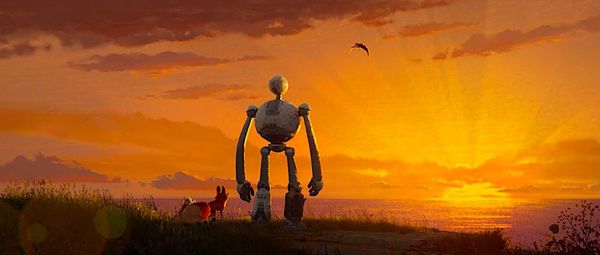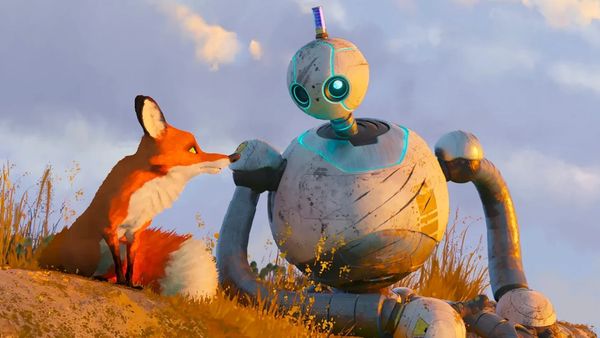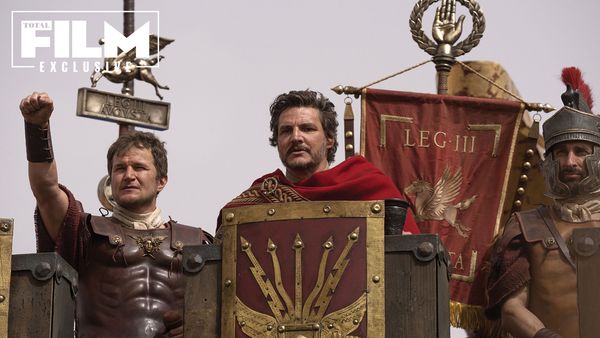‘The Wild Robot’ director Chris Sanders has revealed Pedro Pascal enjoyed working on the new movie because his character reflected his own personality.
The 49-year-old actor plays the trickster fox Fink in the animated flick - which is based on Peter Brown’s novel of the same name - and Sanders, 62, has now said Pascal enjoyed playing the character more than his previous roles because he felt like he had more in common with Fink than his previous parts.
The filmmaker told The Hollywood Reporter: “Oh, my gosh, he is amazing. He was so inventive and funny and has a very playful nature.
“As we developed his character, that really was the way that we went. In one of the last recording sessions, he said that this character is more him than many [other characters] that he plays, and he really enjoyed it.”
Producer Jeff Hermann said Pascal kept trying to lean into his experience with his previous parts, though became “so excited” after being told to include his own personality for his performance as Fink.
Hermann explained: “Coming into it, he thought that we were looking for more of what he was doing on screen already - with ‘The Mandalorian’, ‘The Last of Us’, ‘Game of Thrones’ — and we kept pushing him back to his own persona. Once he realized that, he got so excited and embraced it.”
The movie - which also stars Lupita Nyong’o, Kit Harrington and Mark Hamill - follows Roz the android who comes to learn how to adapt and communicate with the local wildlife after being stranded on a remote island.
The producer added the team felt “so lucky” to have such a star-studded cast.
He gushed: “We’re so lucky to have gotten Lupita, Pedro and Kit, who are strong actors with very distinctive voices. They’ve all done voiceover work in their careers, but not to the extent of what we’re asking them to do now.”
Looking to the future, Hermann revealed the team were eyeing a possible sequel given Brown had written more books in the adventure series.
He said: “We were very aware that this was an ongoing story that Peter was telling, and in trying to stay true to the essence and the basic structure of what he created in the first book, we were trying to create something that could act as a stand-alone in the event that we never could go further, but also definitely leaving that possibility open of continuing it, as we would very much love to.”










